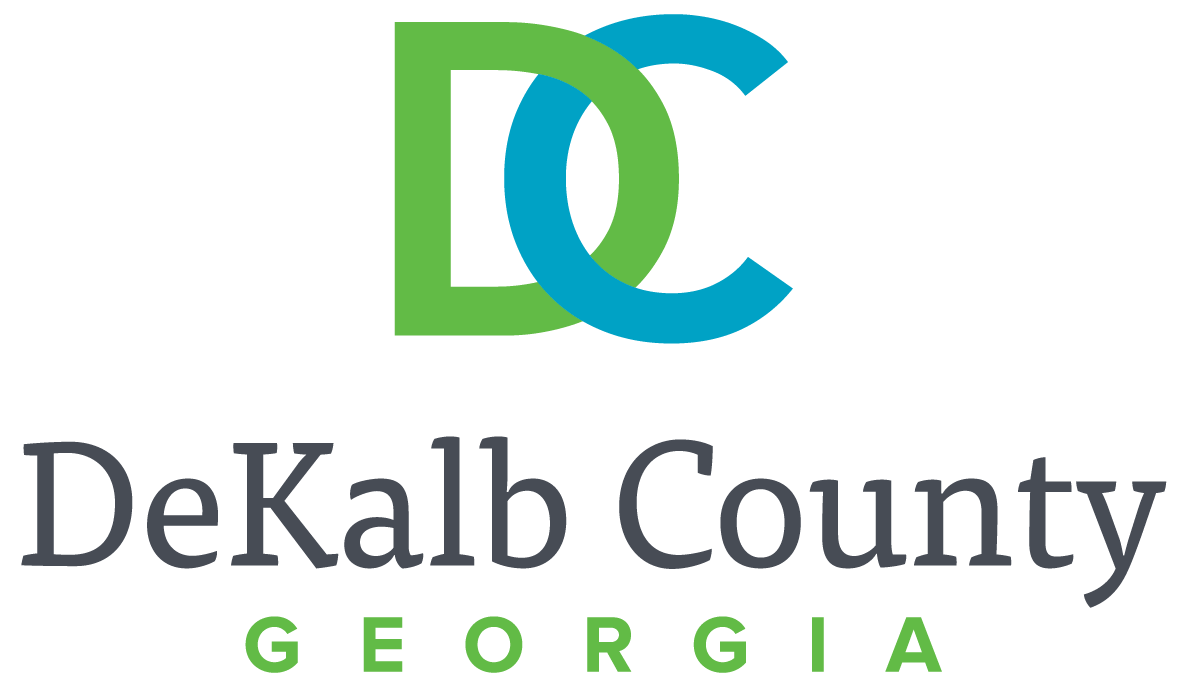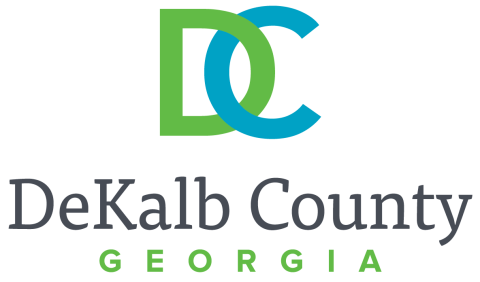
City of Atlanta watershed customers are under a boil water advisory.
This affects DeKalb County residents and businesses that are City of Atlanta Department of Watershed Management customers.
The City of Atlanta’s watershed department has issued a boil water advisory out of an abundance of caution and in accordance with Georgia Environmental Protection Division guidance for public advisory.
The City of Atlanta’s Department of Watershed Management calls for immediate water restriction to critical uses only to allow system pressures to rebuild.
In order to protect the public from a potential health hazard, all residents and property owners that have experienced water outages and/or low water pressures are advised to boil all water prior to use, or use bottled water, for drinking, cooking, preparing baby food or brushing teeth. The water should be boiled for one minute past a rolling boil. Infants, the elderly and those with immune deficiencies should be particularly cautious. Do not drink water from public water fountains in the impacted area.
The boil water advisory is issued for the City of Atlanta. Due to a control issue at the Hemphill Pump Station, the Hemphill Zone is experiencing no water and very low pressures throughout the zone. The Department of Watershed Management has called for immediate water restriction to allow the pressure to rebuild in the system once the pumps are restored to service.
Vigorous hand washing or showers with soap and tap water should be safe for basic personal hygiene. However, if washing hands to prepare food, use boiled (then cooled) water along with handwashing soap.
The public should continue to boil their water or use bottled water until the boil water advisory is lifted. If you experienced a loss of water at your address but your address is not within the area described, the City recommends you follow these precautions.
The Department of Watershed Management will follow its flushing protocols for the system as a precaution and has sampled the affected zones to affirm that there is no contamination in the system. The Georgia Environmental Protection Division will advise the Department of Watershed Management when the advisory can be lifted.
###

